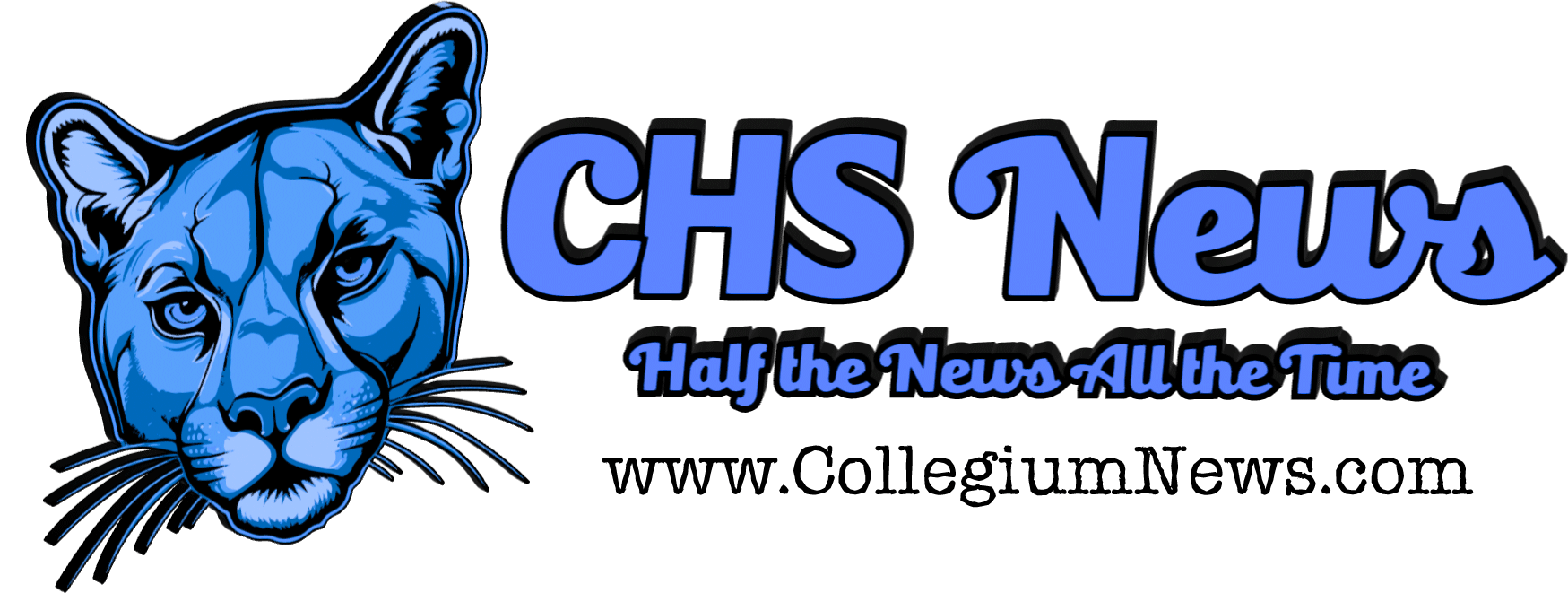Drones present captivating activities that investigate science, technology, engineering, and math concepts while making relevant connections to career paths in STEAM related fields. Piloting Drones will immerse students in the emerging drone industry and the many facets of its growing ecosystem. Drone operation, safety, flight theory map reading, and scratch programming principles will be taught by completing fictional search and rescue (SAR) missions and hands-on lab activities in the classroom. Coursework will include simulated drones flight practice, hands on drone flight practice, homework assignments, projects, and discussions. Students will also begin learning key concepts vocabulary from the FAA Part 107 Remote Pilot exam.
Tag: Computers
Physical Computing
In Physical Computing, students will design and build functioning electronic circuits using microcontrollers like the Arduino Uno, single-board computers like the Raspberry Pi, and embedded-systems programming. Students will learn and apply knowledge of circuit design to identify electronic components and assemble circuits on a breadboard. Students will utilize a variety of programming environments and languages, for example: Arduino, C++, Node.js, and Python to give functionality to their circuits. This course culminates with a student-designed prototype project.
Music Technology
In Music Technology, students use computers to produce music and design sound, even without prior musical or programming experience. Learners completing all components of study will gain a broad understanding of what is involved in the creation of music and soundboard sample packs for distribution from composition to final release. Students will mix music, produce beats, and synthesize electronic sequences using a digital audio workstation (DAW). Students will learn audio, MIDI, control voltage, and gate signal flow, in addition to song-writing and composition with text-based programming. Students will create a distribution-ready song, soundtrack/soundscape, or sample pack aligned with their interests, with an option to publish.
Morning News Broadcast
This course allows students to take part in the CCS Morning News. Students will learn how to prepare for daily broadcasts through development of scripts, segments, video coverage and technical training/troubleshooting. Students will be placed in production teams and will be guided through the broadcast production stages from development through live stream. Depending on assignment, students will report during homeroom to participate in the live stream of our morning broadcasts. Students are required to be able to take video for production assignments throughout the year. A handful of these events may take place outside of school. This course requires a strong commitment, but will help students build broadcast and project experience for daily LIVE news broadcasts and regular segments.
Introduction to Digital Animation
Introduction to Digital AnimationGrade Levels: 10-12 (1868)Term: SemesterCredits: .5Prerequisites: Survey of Technology or Instructor ApprovalStudents will explore the art of storytelling and gain foundation skills in digital animation using industry standard animation…
Introduction to Computer Science
In this CSTA 3A-aligned course, students will learn foundations of computer science and basic programming, emphasizing logical thinking and problem-solving skills. This course is designed for complete beginners with no previous background in computer science or text-based programming. The course is highly visual, dynamic, and interactive, making it engaging for new coders. Students will develop proficiency in procedural programming and logical thinking using common programming languages, including JavaScript and Python. It covers all concepts in the CSTA framework, including Algorithms & Programming, Computing Systems, Data and Analysis, Impacts of Computing, and Networks & the Internet, and provides students a strong foundation to advance to AP® Computer Science Principles and/or AP® Computer Science A (Java).
Graphic Design Level 1
Learn to express yourself through the combination and composition of visual elements such as Typography, Shape, Color, and Images. We will be using Adobe Photoshop and Illustrator to create portfolios of work showcasing student achievement in the class including image manipulation, posters, books, album design, and brief web animations. This course is great for artists and technology enthusiasts alike!
Digital Photography
In this course students will focus on the rules of photography and their influence on the composition of a photograph. During which time students will use their cell phones to take photos to show their understanding of the targeted goals for each lesson. Art history, appreciation, and criticism will be discussed throughout the course. Students have time to experiment with lighting and digital SLR cameras. Digital phone apps will be used to learn how to alter photos. Students will also spend time discussing the value of photography to our society and the ethics of photography.
Business Applications
This course will build upon each student’s computing skills, and provide project-based learning in development of computer documents, presentations, and spreadsheets. The goal of this course is for students to use real-world content and produce professional business documents using skills that translate across various office computing software, including Google Workspace and Microsoft Office. This course will also highlight resume development and professional practices.
Broadcast Journalism
Students will learn how to reliably research news topics, find and use royalty-free resources, develop broadcast copy, film, edit, create, star in, and publish their own broadcast programs using video editing and live broadcast software. Students creating broadcasts have the potential to share their work with a worldwide audience. Broadcasting students will also produce media to support the daily Collegium student news production.
